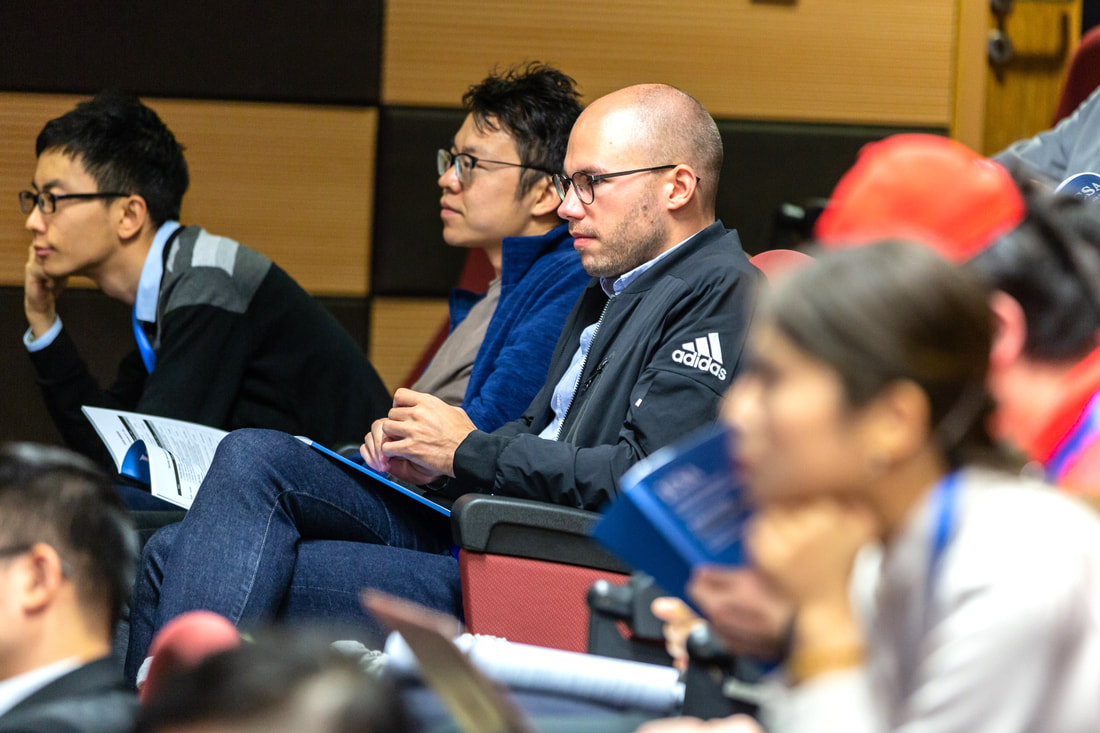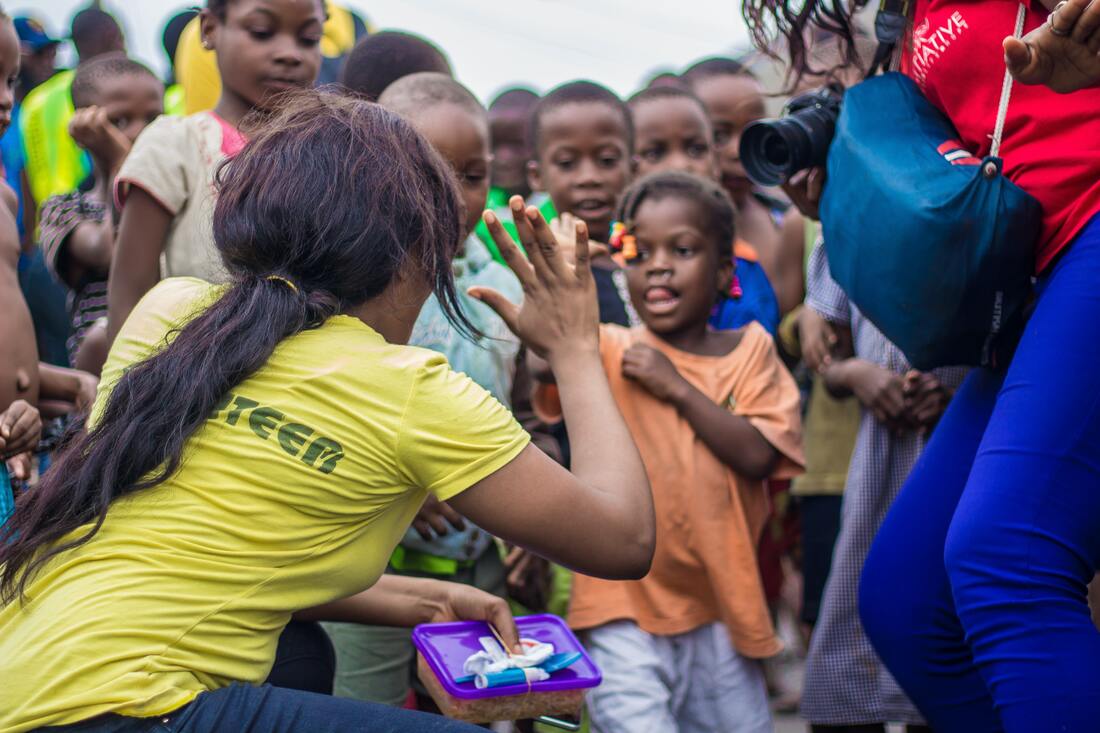|
‘Learning is a treasure that will follow its owner everywhere.’ (Chinese proverb) Action Learning facilitator training with different participant groups always surfaces fresh and fascinating insights, emphases and challenges. This week’s ALA training programme was with a group of health professionals in diverse roles and fields of practice ranging from nursing, occupational therapy and podiatry to mental health, speech and language and education. I was inspired by their enthusiasm, personal ethics and genuine commitment to culture change. As we worked through Action Learning principles and techniques and how to enable groups to do it well, we explored 5 shift areas to facilitate a transition: from diagnosis to elicitation; from issue to person; from there-and-then to here-and-now; from first questions to follow-up questions; from reflection to agency. I’ll say a little about each of these dimensions with some practical examples below. The goal in each is to enhance participants’ learning and impact. From diagnosis to elicitation is a shift in who owns the issue from, say, ‘Tell me more about X so I can help you?’ to e.g. ‘What questions is X raising for you?’ From issue to person is a shift in focus from, say, ‘What’s the situation?’ to e.g. ‘What challenge is this situation posing for you?’ From there-and-then to here-and-now is a shift in temporal orientation from, say, ‘What have you tried?’ to e.g. ‘Given what you have tried, what stands out as the critical issue now?’ From first questions to follow-up questions is a shift in depth to move below and beyond, say, ‘How important is this to you?’ to e.g. ‘Given how important this is to you, what are you willing to risk?’ From reflection to agency represents a shift in traction from, say, ‘What sense are you making of this?’ to e.g. ‘What actions will you take to address this?’ A skill of the facilitator is to build the capacity of an Action Learning set to navigate these shifts in service of a presenter.
8 Comments
'95% of what we think we know, we have simply accepted from what other people have told us.' (Dennis Hiebert) Nothing adds up. How can we identify hidden assumptions, implicit agendas and vested interests that lay behind what we see, hear and read in the media? Perhaps the answer to this question has rarely been so critical. Democracy and social cohesion within and between peoples and nations are threatened by manipulation and misrepresentation of what we may ordinarily regard as truth. Following writer Mark Twain, actor Denzel Washington commented famously, ‘If you don’t read the news, you’re uninformed. If you do read the news, you’re misinformed.’ Take international news in the UK. Why are we so focused on Russia-Ukraine and Israel-Gaza? Why haven’t we noticed, apart from the occasional glance, the terrible civil wars in Sudan, Myanmar or Democratic Republic of Congo? Why do we call Russia’s brutal intervention in Ukraine a ‘full-scale invasion’? Why do we assume that increasing NATO size-spend is the only solution? If Israel’s bombing is indiscriminate, why has it killed, proportionately, so few ‘adult men’? Why didn’t we see outraged street demonstrations against horrific, widespread atrocities by Daesh? These are profoundly important, deeply complex and extremely painful issues and we rarely have access to the underlying research or information that could help us, as ordinary and concerned citizens of the world, to discern and decide how to act. We are presented with multiple, competing viewpoints and demands and this can feel both perplexing and paralysing. I don’t know the answers to such questions yet I do believe they should play at least some part in shaping my response. I will share some considerations that may help us to avoid sleepwalking blindness. As we’re exposed to news reports, what are we noticing and not noticing? How far does what we’re noticing appear to confirm what we already believe or want to believe? How open are we to having our assumptions, our preconceived beliefs and ideas, challenged to reveal something different or new? Why is the news presenter or media channel presenting this particular story or angle? What do they want us to believe, think, feel or do? Who or what is being excluded by the reporter’s narrative? Whose voice, perspective or experience is being ignored or filtered out? Behind the scenes: who owns and-or funds the media channel, the presented report or the research that underpins it? How rigorously are research methods tested to avoid implicit bias? Are views and experiences presented in a report genuinely representative of a wider and diverse population, or different sides to a conflict? In interpreting statistics, is a reporter presenting a case selectively, or cherry-picking results to show or advocate a particular stance? In short, be sceptical – and look for evidence that supports or contradicts the research-reporter’s ‘news’. ‘Always vote for principle, though you may vote alone.’ (John Quincy Adams) I never had the privilege of meeting Soji Taguchi, but I do wish I had. Soji was a manager at a Japanese-owned textiles factory in the Philippines. Seeing how meagrely the Filipino workers were paid, he gave away a significant portion of his own salary each month to top up theirs. When a young Filipina was severely distressed one day and, in her upset, damaged an expensive piece of machinery, he paid for the repairs himself. Instead of chastising her he listened to her plight and, subsequently, regularly slipped money (secretly) into her pockets to help her, a poor teenager, to pay her bills. This woman’s life is now a clear reflection of his. The power of a positive role-model. Ted Winship was my mentor, a shopfloor supervisor at an industrial site in the UK. Once, the workers refused to enter an enclosure because the conditions in it were so terrible. The manager told Ted that, if he could persuade them to do the work, they would all be paid a substantial bonus. Ted took the manager at his word. He entered the compound first and the work was completed on time. At the end of the project, however, the manager refused to pay the bonus and only gave Ted his. It was a serious breach of trust. On hearing of this betrayal, Ted confronted the manager but to no avail. He distributed his own bonus to the workers, resigned from his job and walked out. Ethics in action. Self-sacrifice for the sake of others. The personal costs were high – but the spiritual benefits were immeasurable. ‘Just like seasons change in nature, they change in our lives as well. And, as they change, they ask different questions of us. What questions is your life asking of you now?’ (Funmi Johnson) I had a great conversation with Funmi, a fascinating and inspiring fellow coach, this afternoon and found her question (above) very thought-provoking. I’m at an age where legacy is a persistent question that calls out to me with growing insistence…and demands a response. Am I genuinely living my life authentically according to the mission and values that I claim to be real and true? Or am I compromising too much of what matters most, deluding myself with a clever façade that even I have found convincing? How deep will my spiritual footprint be? I love Funmi’s question. It stirs the waters and ignites a search. ‘Action Learning aims to shake you out of the cage of your current thinking.’ (Pedler & Boutall) Action Learning: a method by which someone receives stretching, coaching-type questions from a small group of peers. The aim is to resolve a pressing challenge, a real-life/work issue that has left the person perplexed or stuck. The idea is to leave with actions, practical steps that will help to move things forward. Yet what gets a person stuck in the first place? If it’s a complex challenge, such as that of navigating the intricacies of diverse human relationships, we may become inadvertently caged by our own assumptions. Gareth Morgan commented that ‘people have a knack for getting trapped in webs of their own creation.’ If we don’t know what assumptions we’re making, everything may seem self-evident to us. This is where Action Learning and coaching really can help. If we can engender a spirit of curiosity within ourselves and invite challenging questions from different others, we may discover a door emerging in our previously-unseen cage, experience the agency to push it wide open and step outside to embrace fresh possibilities. It could just change...everything. ‘You can never really know someone completely. That’s why it’s the most terrifying thing in the world, really – taking someone on faith, hoping they’ll take you on faith too. It’s such a precarious balance. It’s a wonder we do it at all.’ (Libba Bray) There’s an idea in Gestalt psychology that we’re predisposed, hard-wired, to ‘fill in the gaps’. Here’s a real and practical example. I was once invited to facilitate a conference of around 50 people from diverse professional backgrounds in the housing sector. I had never met anyone in the group and they had never met me. I stood up on the podium, introduced myself simply as ‘Nick Wright, an organisation development consultant from England’, then invited everyone to take a pen and paper. I explained that I would ask them a series of questions about myself, to which they were to guess the answers. ‘Which newspaper do I read?’ ‘What political party will I vote for at the next General Election?’ ‘Am I married, or single?’ ‘What is my professional background?’ ‘What’s my favourite hobby outside of work?’ I then asked who had been able to answer every question. Everyone raised their hands. I now invited them to draw a simple face against each of their answers – which they wouldn’t be expected to share in the group. A happy face meant their answer drew them towards me; an unhappy face that it pushed me away. A neutral face meant, well, neutral. Again, everyone managed to do it. I paused and invited them to reflect at their tables on what had just happened. Person after person said how astonished they felt at how quickly and easily they had created a profile of me in their minds, and how that had influenced how they felt about – and were now likely to respond and relate to – me. They had filled in the gaps of not-knowing by drawing on hopes and fears, past experiences, personal projections, cultural assumptions etc. Filling in the gaps enables us to relate quickly to others rather than starting every relationship as if from scratch. It also risks unhelpful stereotyping and bias. This raised important questions for participants at the conference so I offered 3 principles: compassion, curiosity and challenge. Compassion: ‘What do I need to feel safe to contribute in this group? ‘How can I demonstrate a compassionate stance towards others?’ Curiosity: ‘What assumptions am I making about those around me, e.g. based on their looks, accent or job title?’ ‘Who or what is influencing the ways in which I’m thinking about, feeling about and responding to others?’ Challenge: ‘What am I not-noticing about those around me?’ ‘How open am I to have my beliefs about others tested?’ 'There is no act too small, no act too bold. The history of social change is the history of millions of actions, small and large, coming together at critical points to create a power that governments cannot suppress.' (Howard Zinn) At the heart of coaching generally lays a desire and opportunity for impact and change, a goal that may seem obvious, but one that raises important questions. As coaches aspiring to make a difference in the world, we can find ourselves navigating complex dilemmas. When we work with agents of change in, say, NGOs, charities, churches or public sector organizations, we often seek to empower individuals, teams, and organizations to be resourceful and effective in achieving transformation. One challenge we may encounter is determining the coaching agenda. A Western coaching ethic advocates for giving the client complete control over the agenda, focusing on their chosen goals and boundaries. While this approach seems straightforward, our intention of promoting social change may lead us to contemplate how much influence we should exert on the client’s journey. What if the client's solutions seem unethical, ineffective, or could pose risks to broader social development? Furthermore, when working in diverse cultural contexts, we need to be mindful of differing perspectives on individual autonomy. In some Eastern and Southern cultures, the concept of setting individual goals might not resonate the same way it does in the West. People in these cultures often prioritize the wishes and expectations of a wider group, whether family, team or community, before their own hopes and ambitions. We could risk inadvertently imposing our own cultural values onto the client. The solution often lays in recognizing the significance of context and building a strong and trusting relationship with the client. By understanding the dynamics of power, language and agendas that may emerge between us, we can gain insight into the issues at hand and potential solutions. We become allies, working together to achieve meaningful impact. A critically-reflective process allows us to adapt our coaching practice on route and to challenge our assumptions as we learn and grow. ‘Human existence is always directed to something, or someone, other than itself – be it a meaning to fulfil, or another human being to encounter lovingly.’ (Viktor Frankl) Existential coaching is a powerful and introspective approach that can empower individuals and groups to confront life's fundamental questions, find meaning and embrace personal and social responsibility. Rooted in existential philosophy, this coaching method guides clients through self-exploration, enabling them to confront their fears and uncertainties and make authentic choices aligned with their values. Here are some examples of existential coaching questions:
Existential coaching recognizes that we all face inherent dilemmas, and embracing these challenges can lead to personal and social growth. Using this approach, the coach serves as a supportive ally, helping clients to confront their concerns, explore their inner personal-cultural truths and develop a deeper understanding of themselves. The client can learn to navigate life's complexities with greater clarity and intention, leading to a more meaningful and purposeful life. [Further reading: Monica Hanaway, The Handbook of Existential Coaching Practice (2020); Yannick Jacob, An Introduction to Existential Coaching (2019); Emmy van Deurzen & Monica Hanaway, Existential Perspectives on Coaching (2012)] ‘One fish asks another fish ‘How is the water?’ The two swim on for a bit and eventually the other fish replies, ‘What is water?’’ (David Foster Wallace) The more I know, the less I understand. That’s the conclusion I came to after spending 5 years in a Christian faith community in London with 70% Nigerian people, 20% Ghanaian, 8% Mauritian and 2% from the UK. It’s a belief that’s been reinforced by 7 years closely alongside people from the Philippines and other countries in East and South East Asia. Beyond surface-level cultural traits such as distinctive clothing and food, culture runs very deep, mostly well below the radar of conscious awareness. Like the values and beliefs that underpin it, culture often only becomes known, including to ourselves, when we encounter a person or situation that contradicts or clashes with it. It can take us by surprise. I’ve made various cross-cultural blunders on route, ranging from an innocent hug in one context to posing questions in a group in another. On reflection, I’ve sometimes been astounded by my own naivety. Yet few opportunities for learning compare with a cross-cultural experience. It may feel like a bumpy ride on route yet the results can be transformational. [See also: Cross-cultural coaching; Crossing cultures; Cross-cultural action learning] ‘What is most important about any event is not what happens, but what it means.’ (Lee Bolman & Terrence Deal) Here’s one way to think about human change and transition: change is what happens around us and transition is what happens within us. Imagine, for instance, a change at work – ‘We used to do X and now we’re going to do Y instead.‘ Simple, right? It can be, yes…except when it isn’t. It all depends, at heart, on what that change will mean to a person, team or organisation, and-or what it could mean for others that matter to them too; e.g. colleagues, family, friends, people who use their services. It can get more complicated still. The same change could mean different things for different people and groups. It could also mean different things for the same person or group e.g. at different times, depending on what else is going on for them. In practice, this means that to support people through transitions, change leaders do well (a) to avoid making assumptions about what a change will mean and (b) to explore, ‘What will this change mean for you?’; then, given that, ‘What will you need?’ I can almost hear some leaders crying out in protest, ‘Don’t be naïve, Nick. Be realistic. People don’t like change. They’re resistant to change.’ Yet, here’s the thing. People will sometimes resist change, even though they agree with it, if they don’t feel heard or understood. Conversely and paradoxically, people will sometimes support change, even if they disagree with it, because they do feel heard and understood. Working with transitions isn’t an optional add-on. It can prove the key to success. |
Nick WrightI'm a psychological coach, trainer and OD consultant. Curious to discover how can I help you? Get in touch! Like what you read? Simply enter your email address below to receive regular blog updates!
|













 RSS Feed
RSS Feed